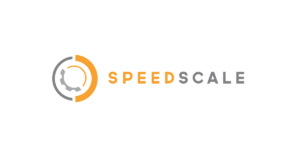 An Intellyx BrainCandy Update
An Intellyx BrainCandy Update
Modern cloud native applications, with their ephemeral K8s-orchestrated clusters and external API service dependencies, are proving notoriously difficult to stabilize long enough to test.
Compounding this challenge, many progressive shops no longer even maintain dedicated QA resources or lab environments, decentralizing testing responsibilities out to DevOps, SRE and platform teams using code validation tools, observability platforms or analytics dashboards.
Since our last briefing with Speedscale in 2021, the company has learned to ‘cause the cause’ of all kinds of failures, after discovering service dependencies and recording performance, error and traffic details from almost any kind of cluster, container, observability platform, streaming data source or API service. Teams can call up thousands of production-grade lab instances and test suites in parallel, auto-run them upon each deployment or pull request, then release them the moment they are no longer needed to save cloud costs.
There’s a new no-code interface that abstracts KubeCTL commands and automation scripts that operators and developers once might have thrown at a console or coded in an IDE, repackaged as an SDK with simple wizards for stamping out Kubernetes mock instances, traffic replays, test assertions, and session-specific tokens, and churning out results data.
Copyright ©2023 Intellyx LLC. As of the time of writing, Speedscale is not an Intellyx customer, and Jason English is an advisor to the company. No AI chatbots were used in the writing of this article. To be considered for a Brain Candy article, email us at pr@intellyx.com.



